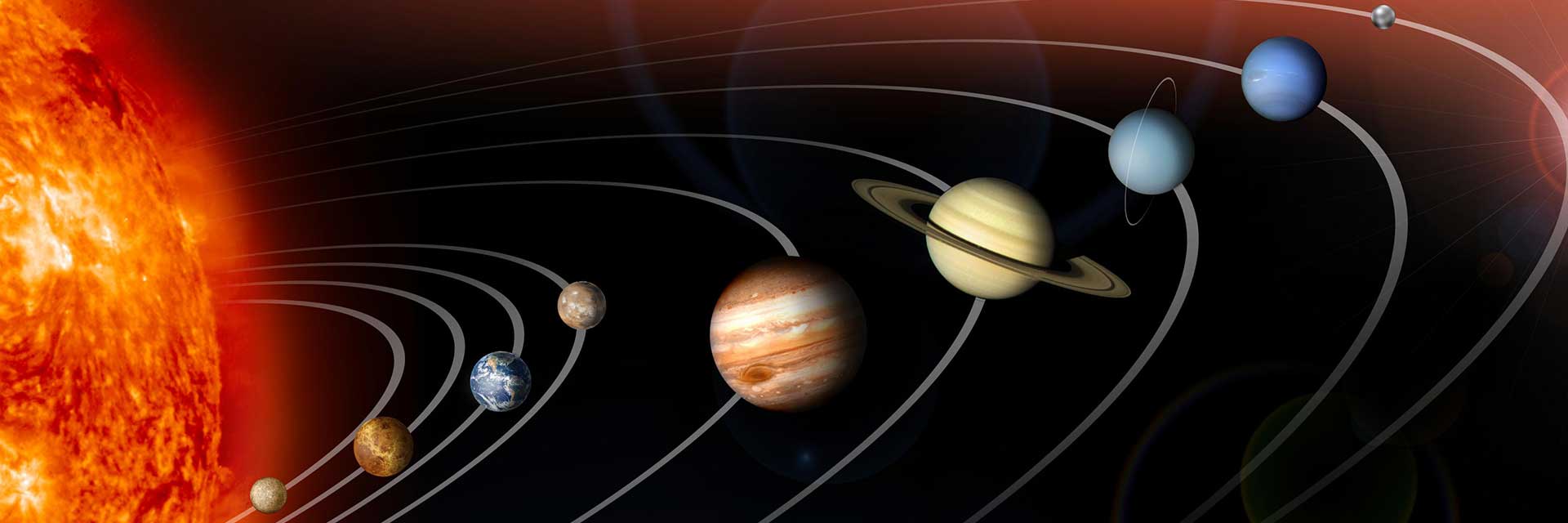
From this course, the endless amount of planets, comets, stars, etc. shocked me the most. Our solar system is so much more than just the 8 planets. I learned about numerous objects and history that is still in our solar system to this day. Also, learning about geological activity introduced me to the fact that life could have existed on some planets millions of years ago.
When learning about the solar system, I was always curious about life on other planets and if we knew it existed or not. This course taught me that we could detect life on other planets, and that currently Earth is the only truly habitable planet with life on it. With the lack of many planets in the “habitable zone” of the sun, the idea of life as large as it is on Earth on a different planet is not very realistic.
Astronomy has made me appreciate the scientists hard work they have put in to gather so much knowledge about what contributes to our solar system. Without these discoveries, the origin of Earth and information we have on other planets would not exist.
After taking this class, I would want to dig deeper into what planets looked like before they became geologically dead. This is a very long process, so seeing the before and after of a planet is very interesting as this will happen to Earth at some point in the future. Learning about the signs that a planet is becoming geologically dead would be interesting to see is Earth has shown any of these slight signs.
This class has changed my opinion on what an astronomer looks like and does because it had widened my view of what they study. Their discoveries are more than just stars and planets, their research includes things such as moons and the actually origin and environments on planets. Their responsibilities include researching and experimenting to gain more knowledge about our vast universe.












